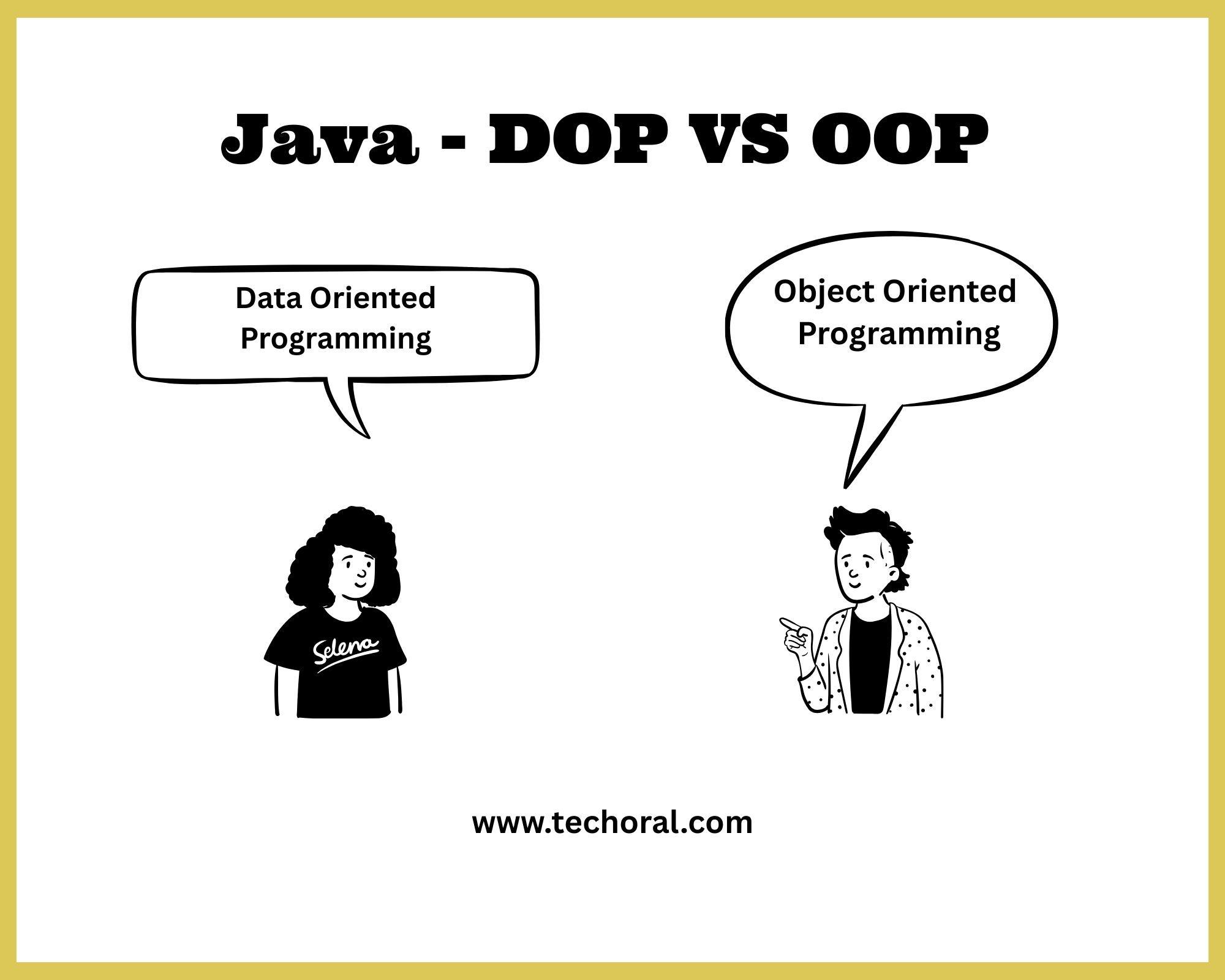Is Data-Oriented Programming (DOP) Killing OOP in Java?

Introduction
Is Data-Oriented Programming (DOP) killing Object-Oriented Programming (OOP) in Java? Short answer: No — DOP is not killing OOP. But it complements and modernizes it in many situations.
Java is evolving. Instead of replacing OOP, newer paradigms like DOP are making data handling more concise, business logic more testable, and supporting functional programming features. They're solving pain points in OOP, not discarding its strengths.
OOP vs DOP: The Real Picture
| OOP (Java's Foundation) | DOP (Modern Trend) |
|---|---|
| Encapsulation of state and behavior | Separation of data and logic |
| Objects manage their own behavior | External pure functions operate on data |
| Inheritance, polymorphism | Composition, records, sealed types |
| JavaBeans, POJOs | record, DTOs, transparent carriers |
Practical Examples: OOP vs DOP in Java
OOP Example: Classic Java Service
public class User {
private String name;
private int age;
// getters/setters
}
public class UserService {
public void updateUser(User user) {
// business logic
}
}DOP Example: Java Record + Pure Function
public record User(String name, int age) {}
public class UserLogic {
public static User updateUser(User user, String newName) {
return new User(newName, user.age());
}
}Pro Tip: DOP makes data transfer and transformation concise, especially with record and static methods.
Q&A: DOP vs OOP in Java (SEO)
Best Practices & Pro Tips 🚀
- Use OOP for core application structure and business logic.
- Use DOP for data transfer, immutability, and functional pipelines.
- Combine both paradigms for cleaner, more scalable code.
- Leverage Java records and pure functions for concise data handling.
- Document your architecture choices for maintainability.
Read Next 📖
Conclusion
Data-Oriented Programming is not killing OOP. It's giving Java developers more tools to build better, cleaner, and more scalable software. The future of Java is not about choosing one paradigm over the other, but about using both where they fit best.